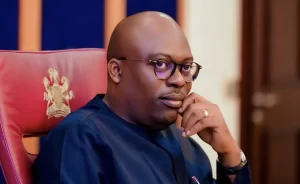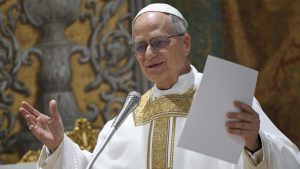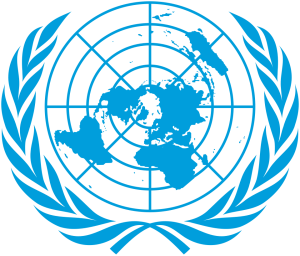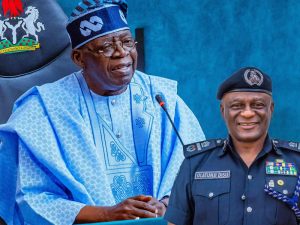The 2023 Labour Party presidential candidate, Peter Obi, has raised serious concerns regarding the recent collapse of Nigeria’s national power grid, which has once again left large areas of the country in darkness. The grid failure occurred on Monday evening around 6:18 PM, leading to a significant drop in power generation from 3.87 gigawatts at 5 PM to 3.56 GW at 6 PM, ultimately plummeting to 0.00 GW by 7 PM and 8 PM. The Enugu Electricity Distribution Company confirmed the collapse in a statement released Monday evening.
In a statement posted on Tuesday via X, Obi labeled the incident a national disgrace and pointed out that it reflects failures in leadership and policy execution at the highest levels. “For the umpteenth time, the national grid has collapsed, plunging a huge part of the nation into darkness and exposing the fragility of Nigeria’s power infrastructure. This recurring disaster is a national shame and a glaring testament to the failure of leadership and policy implementation at the highest levels,” he stated.
Obi emphasized that the ongoing failures of the power system are major barriers to the nation’s growth and economic stability, calling for immediate and significant reforms in the energy sector. He also addressed the economic ramifications of unreliable power supply, particularly for small and medium-sized enterprises (SMEs). “How long must Nigerians endure a system that fails to provide one of the critical necessities for a productive society? This latest power grid collapse is emblematic of a leadership and government that have consistently failed to prioritize the welfare and economic well-being of the people. We all know the immense importance of power supply to the transformation of our economy. Its support to SMEs, which are the engine of job creation and a major contributor to our GDP, is immeasurable,” he said.
Obi criticized the disparity between Nigeria’s power generation capacity and that of other African countries, noting the differences with economies like South Africa, Egypt, and Algeria. “Today, we are the fourth largest economy in Africa, having fallen from the number one position due to leadership failure over the years, including the persistent power crisis. The disparity in power generation is a reflection of the deep-rooted governance deficit that continues to hold back our growth and potential,” Obi added, highlighting that despite Nigeria’s larger population, it generates significantly less electricity than smaller economies.
He called for urgent, comprehensive reforms in Nigeria’s power sector and urged the government to focus on initiatives that can foster measurable development. “Nigerians deserve a government that prioritizes measurable indices of development,” he concluded.









